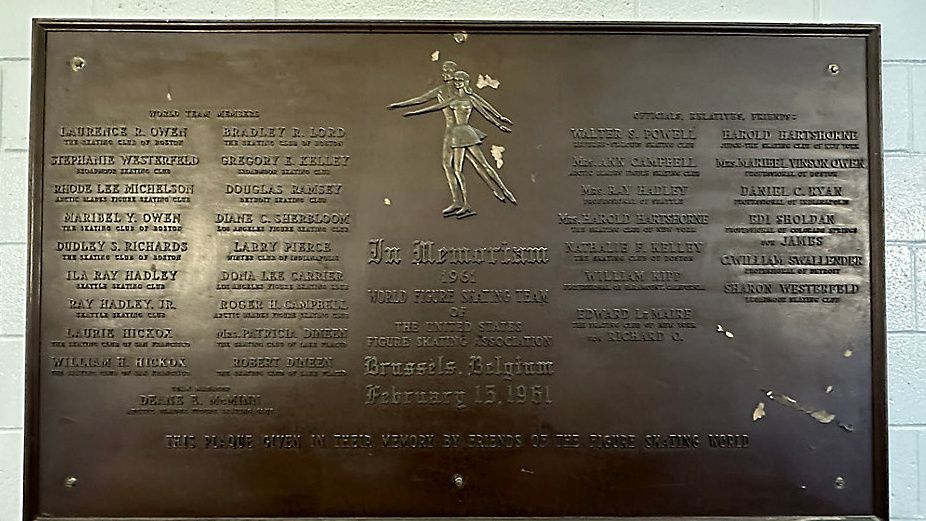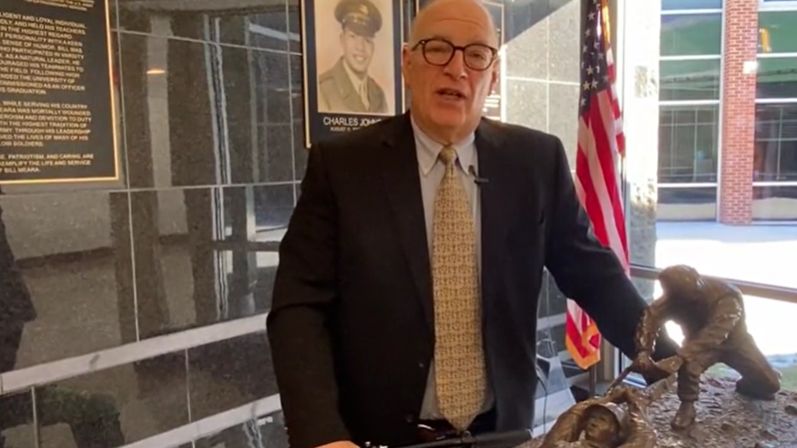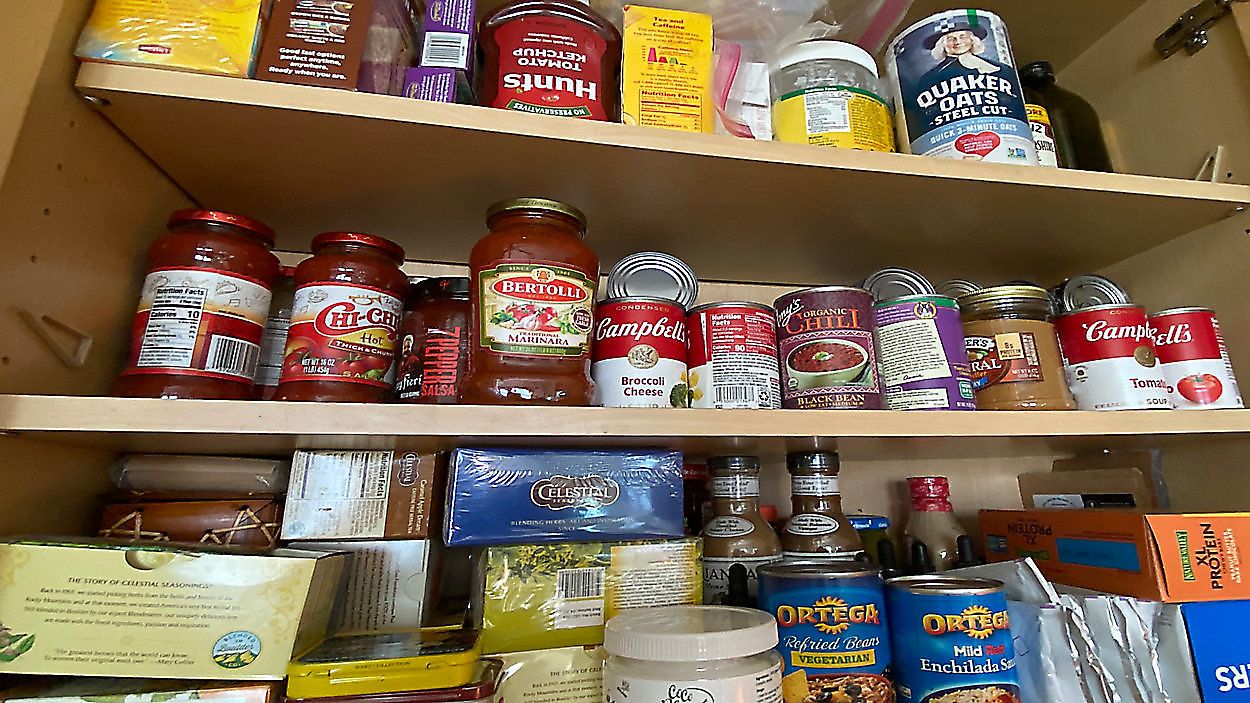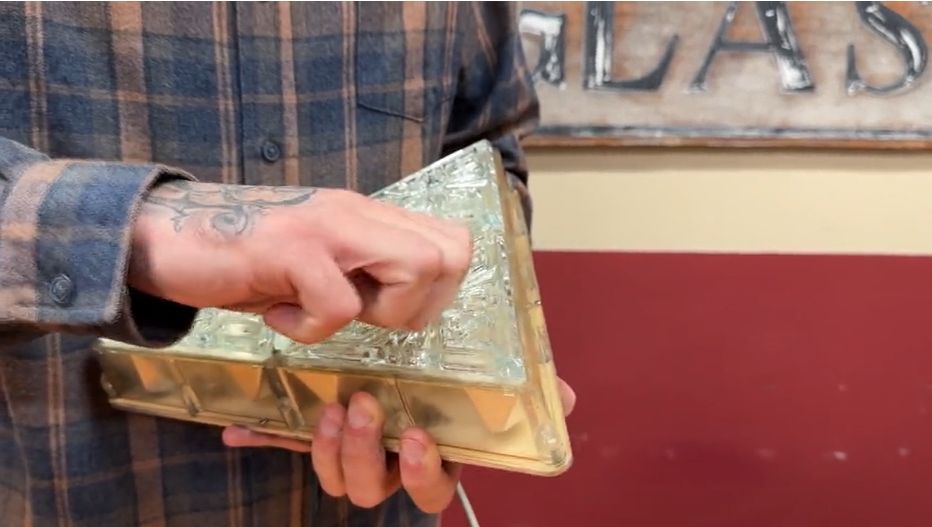Ninety years ago today, the nationwide ban on alcohol came to an end, setting off joyous, booze-drenched celebrations across New York and the U.S. But many establishments throughout upstate still bear relics from the period.
It was a time of speakeasies and secret rooms, bootleggers and bandits. It was Prohibition during the roaring 1920s.
For Tom Costa, owner of Newburgh's centuries-old North Plank Road Tavern, it’s just another chapter in its history.
What You Need To Know
- Prohibition was repealed by Congress on Dec. 5, 1933
- The decision reversed a law that banned alcoholic beverages and saw a spike in organized crime through bootlegging
- Newburgh's North Plank Road Tavern, a speakeasy at the time, still has relics and artifacts from that time
“It’s a wide-open, in-your-face speakeasy, gambling joint, distiller and brothel," Costa said.
Prohibition was a temperance effort to reign in alcohol, seen by some in those days as immoral. However, the ban would pave the way for bootlegging and gangsters to create massive criminal empires that stretched to upstate.
“They saw it as an opportunity, and they could find illegal ways to find that power through bootlegging, through running these speakeasies, and could carry on politically to their favor," said Discover Albany community engagement manager Maeve McEney-Johnson.
North Plank Road Tavern was owned by Augusta Sauer during the '20s, before selling it to a man known by several names, including Antwon, Uncle Frank and as Costa remembers him, Mitch. Known officially as Anthony Nixon, he ran the place as a speakeasy, paying off authorities to avoid getting busted, while also finding new ways to make money.
“The second-floor front had slot machines," Costa said. "The third-floor back had a still.”
But in 1933, prohibition ended, allowing the tavern and other illegal watering holes to become legal again.
Costa, who grew up around the place, loves being able to be part of its history.
“This has been pretty much my life's work," he said. "We kept it from being knocked down, and we got nominated for the National Register... we were able to preserve it.”









